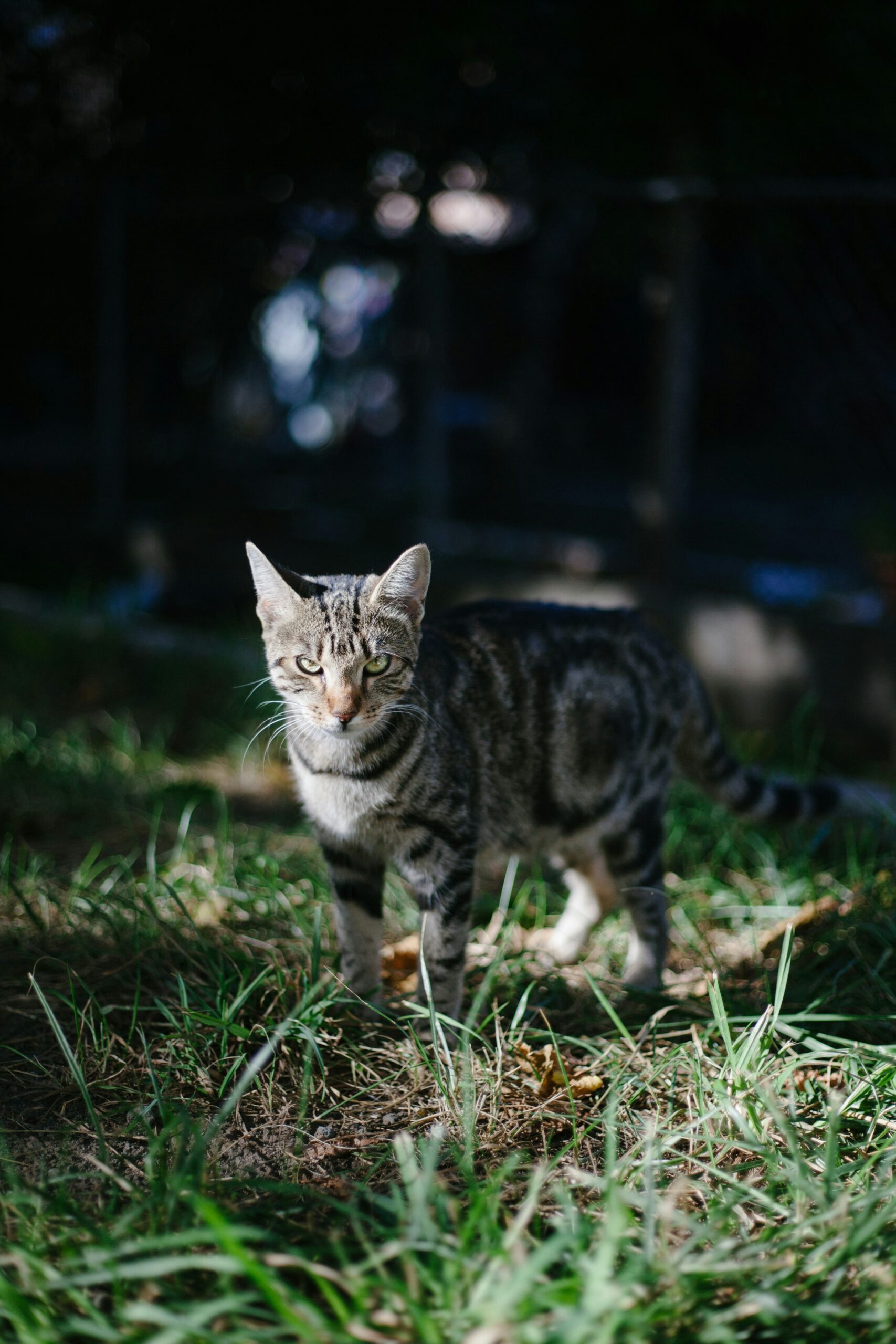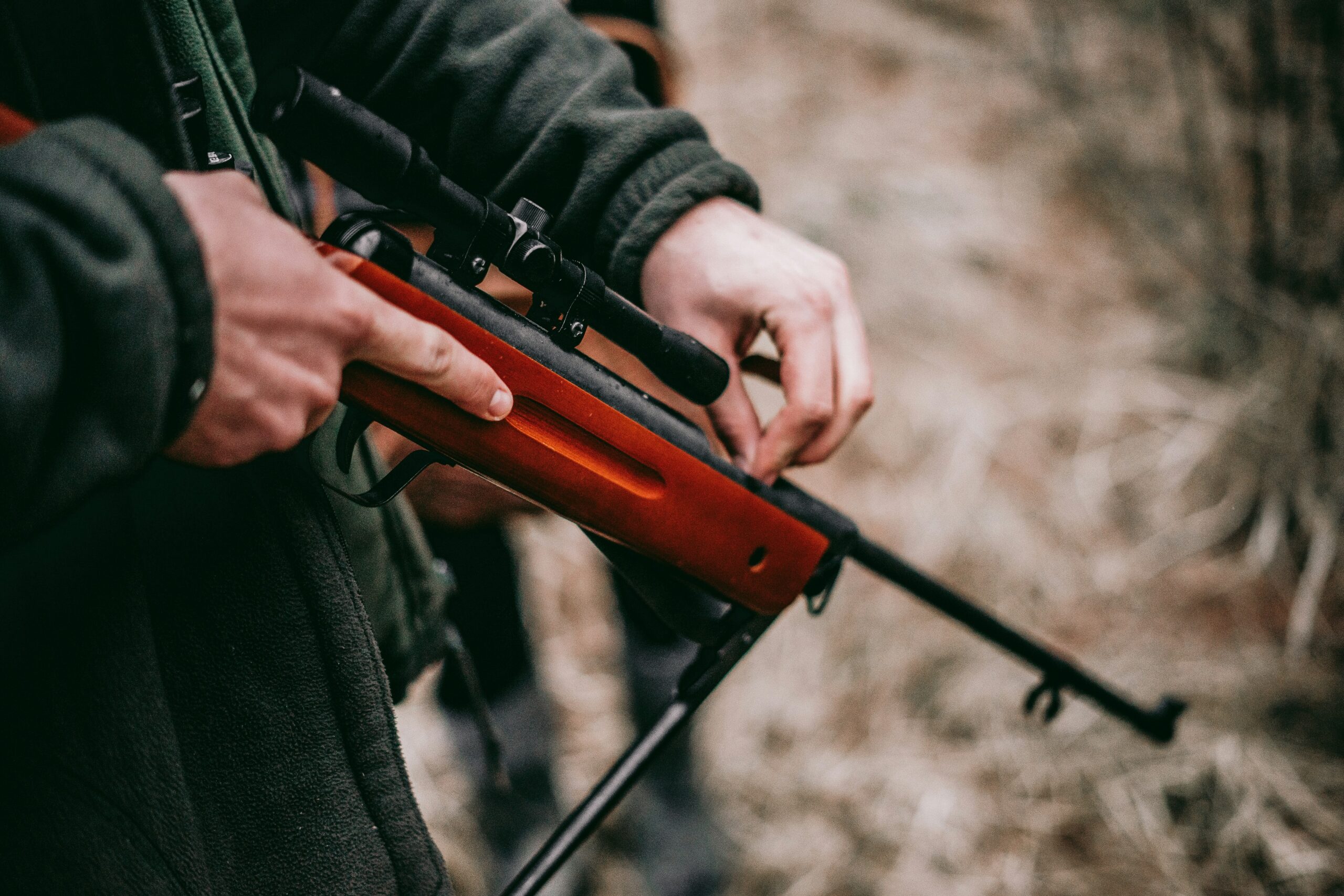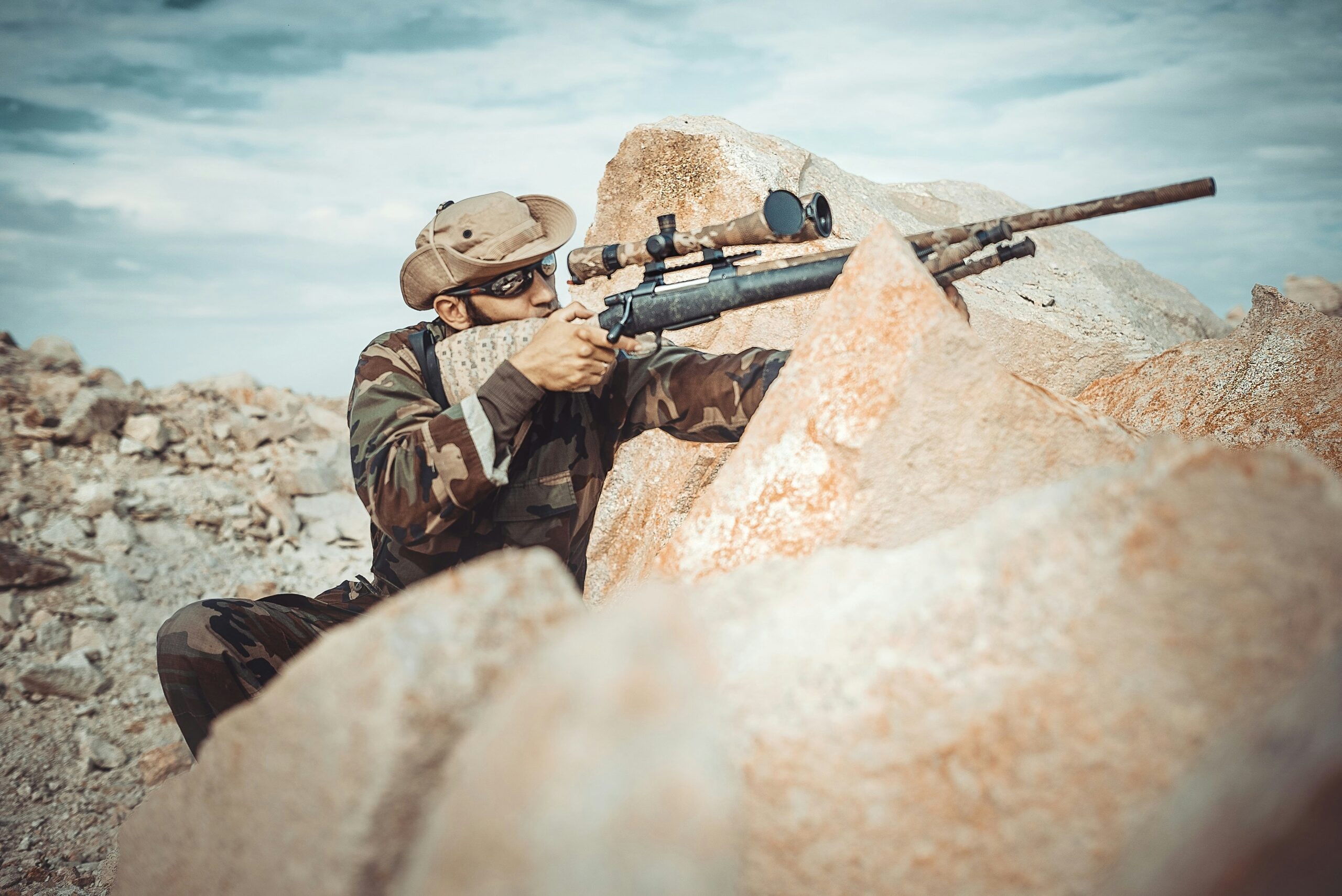What comes to mind when you think about hunting? If you’re leaning towards precision, accuracy, and success, then you’re already on the right track. Hunting encompasses not just skills and techniques but also the right tools. One essential tool that can significantly enhance your hunting experience is the scope. But what exactly is the purpose of a scope for hunting?

Understanding the Basics of a Scope
A scope, also known as a telescopic sight, is an aiming device that you can mount on your firearm. It helps you see your target more clearly and accurately, especially at longer distances.
Components of a Scope
Before diving into how a scope can aid you in hunting, it’s crucial to understand its primary components. Here’s a simplified table to break down the different parts:
| Component Name | Function |
|---|---|
| Objective Lens | Captures light and provides focus |
| Ocular Lens | The lens you look through |
| Reticle | The crosshair you use to aim |
| Elevation Adjuster | Adjusts the vertical alignment |
| Windage Adjuster | Adjusts the horizontal alignment |
| Turrets | Help fine-tune your adjustments |
| Eye Relief | Distance between your eye and the scope |
By understanding these components, you can better appreciate how a scope functions and aids you during the hunting process.
Enhancing Accuracy and Precision
Accuracy and precision are often used interchangeably but they address different aspects. While accuracy relates to how close you can get to your target, precision refers to how consistent you can be in hitting the same spot repeatedly. Here’s how a scope helps in both areas:
Increasing Accuracy
A scope helps you accurately pinpoint your target at greater distances. This is primarily due to the magnification provided by the objective lens. When you see your target up close, you can make more calculated adjustments to ensure your shot hits the mark.
Enhancing Precision
Precision is about consistency, and using a scope allows you to make fine-tuned adjustments via the turrets. This ensures that once you’ve zeroed in on your target, you can consistently hit the same spot, taking into account factors such as bullet drop and wind deflection.
Improving Long-Distance Shooting
Magnification Levels
Scopes come with different magnification levels, often indicated as 3-9×40, where 3-9x signifies the range of magnification and 40 indicates the diameter of the objective lens in millimeters.
- Low Magnification (1-4x): Suitable for short to medium distances.
- Medium Magnification (4-9x): Good for medium to long distances.
- High Magnification (9x and above): Best for long distances but not ideal for close-up shots.
Clarity and Visibility
A scope also improves clarity and visibility, especially during dawn or dusk when natural light is minimal. By capturing and focusing ambient light, the objective lens makes it easier to spot and track your target.
Increasing Safety
Hunting inherently involves risks, and a scope can help mitigate some of these dangers.
Better Target Identification
Increased magnification can assist you in clearly identifying what you are aiming at. This reduces the chances of shooting at something unintended, such as another person or a protected animal species.
Safe Distance
A scope allows you to maintain a safer distance from your target. This can be especially important when hunting potentially dangerous game like bears or wild boars. By staying further away, you reduce the physical risk to yourself.

Facilitating Quick and Accurate Adjustments
Windage and Elevation Adjustments
One of the standout features of a scope is its ability to correct for windage (horizontal) and elevation (vertical) discrepancies. These adjustments are typically made via turrets on the scope and help you adapt to environmental variables such as wind speed and bullet drop.
Reticle Varieties
Various reticle types like duplex, mil-dot, and BDC (Bullet Drop Compensator) assist in accurate targeting.
- Duplex: General-purpose reticle with thick outer lines and a thinner central crosshair.
- Mil-Dot: Helps in range estimation and adjusting shot.
- BDC: Specifically designed for long-range shooting, accounting for bullet drop.
Enhancing the Experience of Different Types of Hunting
Whether you are hunting small game, big game, or varmint, a scope can dramatically improve your hunting experience.
Small Game Hunting
For small game like rabbits or squirrels, precision is crucial. A variable scope with medium magnification can help you zero in on small targets effectively.
Big Game Hunting
When it comes to big game like deer or elk, a higher magnification scope is beneficial. It allows you to spot your target from a greater distance and take accurate shots.
Varmint Hunting
Varmint like prairie dogs or coyotes often require both precision and long-distance accuracy. High-powered scopes with specialized reticles are optimal for this type of hunting.

Durability and Reliability
A good hunting scope is built to last. Features like waterproofing, fog-proofing, and shock resistance ensure that your scope can withstand harsh environmental elements, providing a reliable tool season after season.
Choosing The Right Scope for Your Needs
When selecting a scope, it’s important to consider your specific hunting needs. Here are some factors to help you decide:
Magnification Needs
Evaluate the type of game you’ll be hunting and the typical distances involved:
| Type of Game | Ideal Magnification |
|---|---|
| Small Game | 1-4x |
| Medium Game | 4-9x |
| Large Game/Long Range | 9x and above |
Budget Considerations
Scopes come in a wide range of prices. While high-end scopes offer additional features and better build quality, there are also many affordable options that provide good performance for most hunting needs.
Brand and Warranty
Select a reputable brand and ensure your scope comes with a warranty. Brands like Leupold, Vortex, and Nikon offer reliable scopes with extensive warranties.
Maintaining Your Scope
Proper maintenance ensures the longevity and functionality of your scope. Here are some tips:
Cleaning the Lenses
Use a microfiber cloth to clean the lenses. Avoid using your shirt or paper towels as these can scratch the glass.
Checking for Alignment
Regularly verify that the scope is aligned and securely mounted. Bumps and jolts can dislodge it, affecting your accuracy.
Lubrication
Occasionally lubricate the moving parts like the turrets with a suitable firearm lubricant to maintain smooth operation.
Storage
Store your scope in a cool, dry place. Use a protective case to safeguard it from dust, moisture, and impacts.
Enhancing Your Skills with a Scope
Using a scope is not just about the hardware; it also involves skill development. Here are some ways to enhance your hunting skills effectively:
Practice Regularly
Spend time at the shooting range to get accustomed to your scope. Practice different shooting positions and distances to improve your accuracy and precision.
Understand Ballistics
Understand the ballistics of your ammunition and rifle. Different combinations behave differently, and knowing how your gear works can make a significant difference.
Range Estimation
Learn to estimate distances. Many modern scopes come with range-finding reticles, but having a keen eye for distance estimation can help in situations where you have to make quick decisions.
Debunking Common Myths about Hunting Scopes
Myth: Higher Magnification is Always Better
While higher magnification can be beneficial for long-distance shots, it tends to narrow your field of view and may complicate tracking moving targets.
Myth: Scopes are Only for Professionals
Scopes can benefit hunters of all skill levels. They are especially useful for beginners as they offer greater control and accuracy.
Myth: All Scopes are the Same
Different scopes serve different purposes. What works for varmint hunting may not be ideal for big game hunting. Tailor your scope choice to your specific needs.
Legal Aspects and Responsibilities
Using a scope carries legal obligations. Ensure you are compliant with local hunting laws and regulations.
License and Permits
Always have the necessary licenses and permits for hunting in your region. Some areas have specific regulations regarding the use of scopes.
Ethical Hunting
Take responsible shots to minimize the suffering of the animal. Ethical hunting practices are crucial for the sport’s sustainability and your reputation.
Conclusion
So, what is the purpose of a scope for hunting? In summary, a scope enhances your accuracy, precision, and safety while adding value to different types of hunting experiences. It provides the tools necessary for making informed and responsible shots, ultimately contributing to the enjoyment and success of your hunting adventures. Choose wisely, maintain your scope properly, and practice diligently to make the most out of this essential piece of equipment. Happy hunting!
